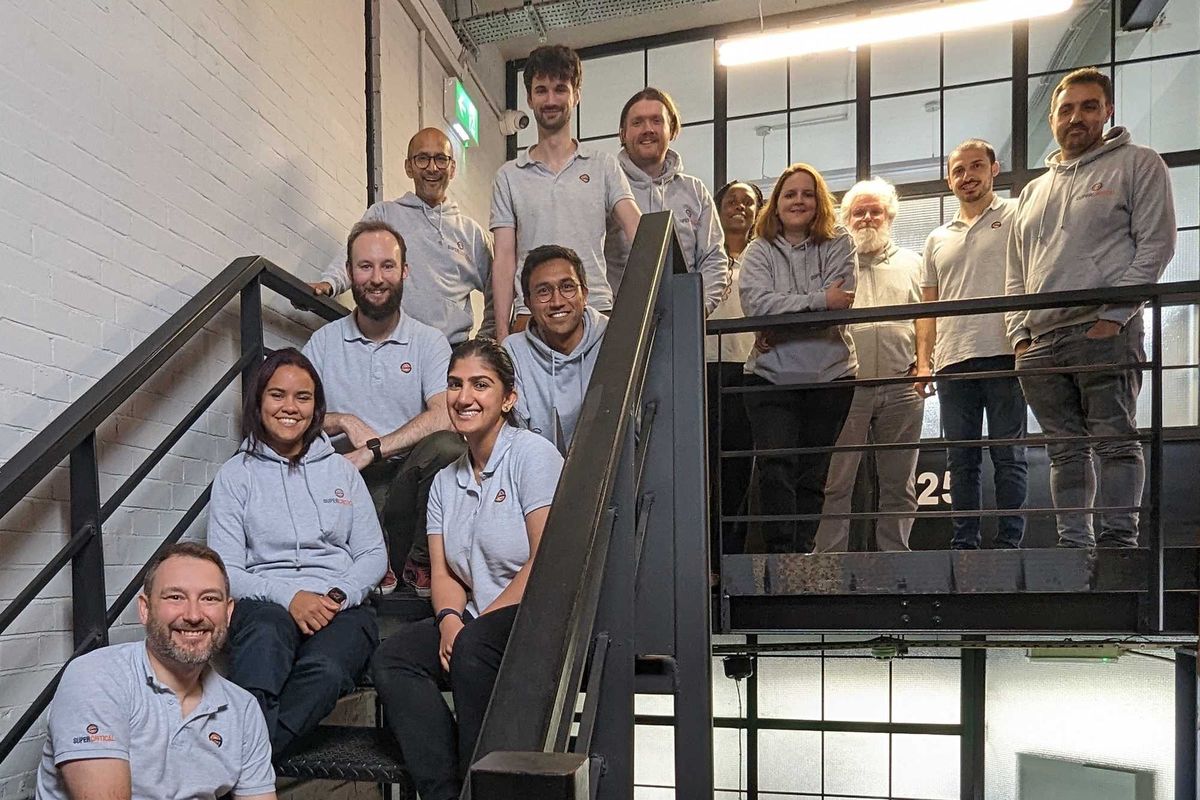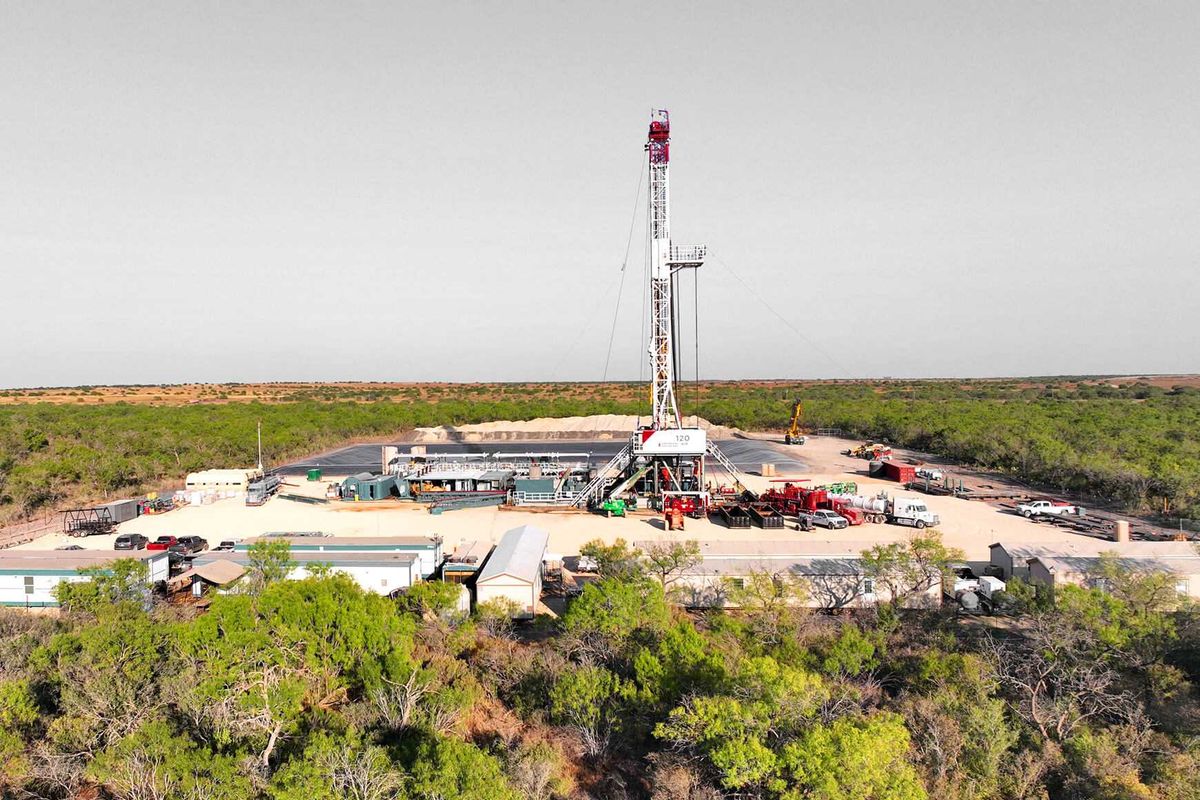Shell launches hydrogen electrolyzer pilot and more energy news to know
Trending News
Editor's note: The new year brings big news in the energy transition sector, from Shell's hydrogen electrolyzer pilot to a maritime technology company on a mission to electrify ships. Below are the five most-read EnergyCapitalHTX stories from the second half of January 2026:
1. Shell partners with UK-based co. for hydrogen electrolyzer pilot

Supercritical Solutions' electrolyzer aims to deliver high-efficiency renewable hydrogen at a lower cost for the industrial hydrogen market. Photo courtesy Supercritical Solutions.
Shell Global Solutions International, a subsidiary of Shell, which maintains its U.S. headquarters in Houston, has signed a collaboration agreement with London-based Supercritical Solutions to advance Supercritical’s ultra-efficient hydrogen electrolyzer technology toward a field pilot demonstration. Continue reading.
2. 3 Houston-area companies named to Global Cleantech 100

Amperon, Hertha Metals and Vaulted Deep were named to this year's Global Cleantech 100 list. Photo via Getty Images
Three Houston-area companies—Amperon, Hertha Metals and Vaulted Deep—appear on this year’s Global Cleantech 100 list. The unranked list, generated by market intelligence and advisory firm Cleantech Group, identifies the 100 privately held companies around the world that are most likely to make a significant impact in the cleantech market over the next five to 10 years. Continue reading.
3. Houston maritime startup raises $43M to electrify cargo vessels

Fleetzero has raised $43 million to expand the manufacturing of its hybrid and electric marine propulsion system. Photo courtesy Fleetzero.
A Houston-based maritime technology company that is working to reduce emissions in the cargo and shipping industry has raised VC funding and opened a new Houston headquarters. Fleetzero announced that it closed a $43 million Series A financing round this month. The funding will go toward expanding manufacturing of its Leviathan hybrid and electric marine propulsion system. Continue reading.
4. Houston geothermal company raises $97M Series B

Sage Geosystems has raised a $97 million Series B. Photo via sagegeosystems.com.
Houston-based geothermal energy startup Sage Geosystems has closed its Series B fundraising round and plans to use the money to launch its first commercial next-generation geothermal power generation facility. Ormat Technologies and Carbon Direct Capital co-led the $97 million round. The new geothermal power generation facility will be located at one of Ormat Technologies' existing power plants. Continue reading.
5. Houston expert discusses the clean energy founder's paradox

Nada Ahmed. Courtesy photo
Everyone tells you to move fast and break things. In clean energy, moving fast without structural integrity means breaking the only planet we’ve got. This is the founder's paradox: you are building a company in an industry where the stakes are existential, the timelines are glacial, and the capital requires patience. Continue reading this guest column.





